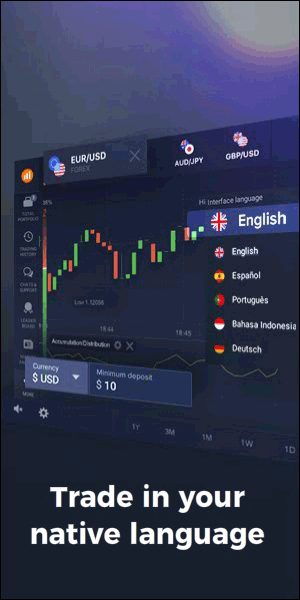Dive into the transformative world of “Rich Dad Poor Dad” with our detailed exploration of Robert Kiyosaki’s seminal book. Discover the key lessons that have revolutionized personal finance and wealth building, and learn how to apply these strategies to your own life for financial success and independence. Whether you’re a seasoned investor or just starting on your financial journey, this article provides invaluable insights and practical advice to guide you on the path to prosperity.
Exploring Wealth Strategies: A Deep Dive into “Rich Dad Poor Dad”
“Rich Dad Poor Dad” is a groundbreaking book written by Robert Kiyosaki, which challenges conventional views on money, investing, and personal finance. Kiyosaki shares insights from his own life, contrasting the financial philosophies of his “rich dad” and his “poor dad.” This book serves as a guide to financial education, offering practical advice and a unique perspective on wealth building. In this article, we delve deep into the key concepts and lessons from the book, providing valuable insights for readers.
Chapter Summaries
The Rich Don’t Work for Money
Kiyosaki begins by highlighting the importance of financial education. He contrasts his “poor dad,” a well-educated man with a stable job, and his “rich dad,” a successful entrepreneur. The “rich dad” emphasizes learning about money, rather than working for it.
Why Teach Financial Literacy?
This chapter emphasizes the importance of financial literacy. Kiyosaki argues that understanding assets and liabilities is crucial for financial success. He introduces the concept of acquiring assets that generate income, while minimizing liabilities.
Mind Your Own Business
Kiyosaki encourages readers to focus on building their asset column, rather than solely relying on earned income. He advocates for investing in real estate, stocks, and small businesses as ways to generate passive income.
The History of Taxes and the Power of Corporations
In this chapter, Kiyosaki discusses the history of taxes and the advantages of creating a corporation. He highlights how corporations offer tax benefits and protection of assets, urging readers to consider these advantages in their financial planning.
The Rich Invent Money
Kiyosaki explains that the rich are creative and able to create money through smart investments and financial strategies. He encourages a proactive approach to investing, rather than a reactive one.
Work to Learn—Don’t Work for Money
This chapter emphasizes the importance of lifelong learning and developing skills that enhance earning potential. Kiyosaki encourages readers to seek jobs that offer valuable experiences, rather than focusing solely on the salary.
Key Concepts and Lessons
Assets vs. Liabilities
- Assets are things that put money in your pocket, such as investments, real estate, or businesses.
- Liabilities are things that take money out of your pocket, like loans, expenses, and mortgages.
The Importance of Financial Education
Acquiring financial knowledge is crucial for making informed decisions that lead to financial independence. Kiyosaki stresses that education should not stop after formal schooling, but should be a lifelong pursuit.
The Power of Entrepreneurial Thinking
- Thinking like an entrepreneur can lead to innovative solutions for generating income.
- Entrepreneurial thinking involves taking risks, learning from failures, and continuously seeking opportunities.
Creating Money
Financially successful individuals are proactive in their approach to money. They work hard to learn about investing and find ways to create additional income streams, rather than relying solely on a paycheck.

Conclusion
“Rich Dad Poor Dad” is a seminal book in the field of personal finance and wealth building. Robert Kiyosaki’s unique perspective, drawn from his experiences with his “rich dad” and “poor dad,” provides readers with valuable insights into how money works and how to make it work for them. The book emphasizes the importance of financial education, entrepreneurial thinking, and the pursuit of assets. By applying the lessons from “Rich Dad Poor Dad,” readers can gain financial independence and build a secure future.







